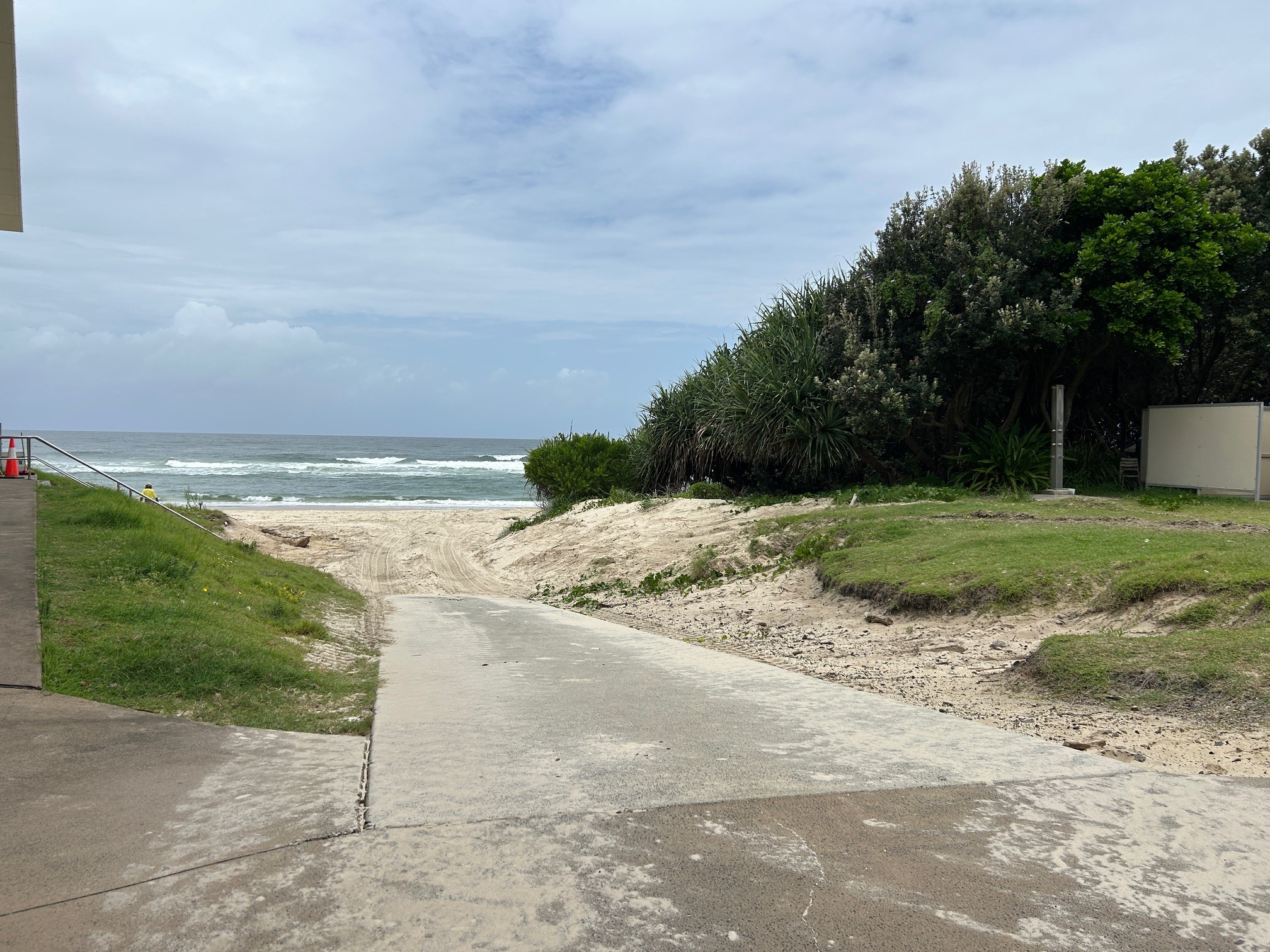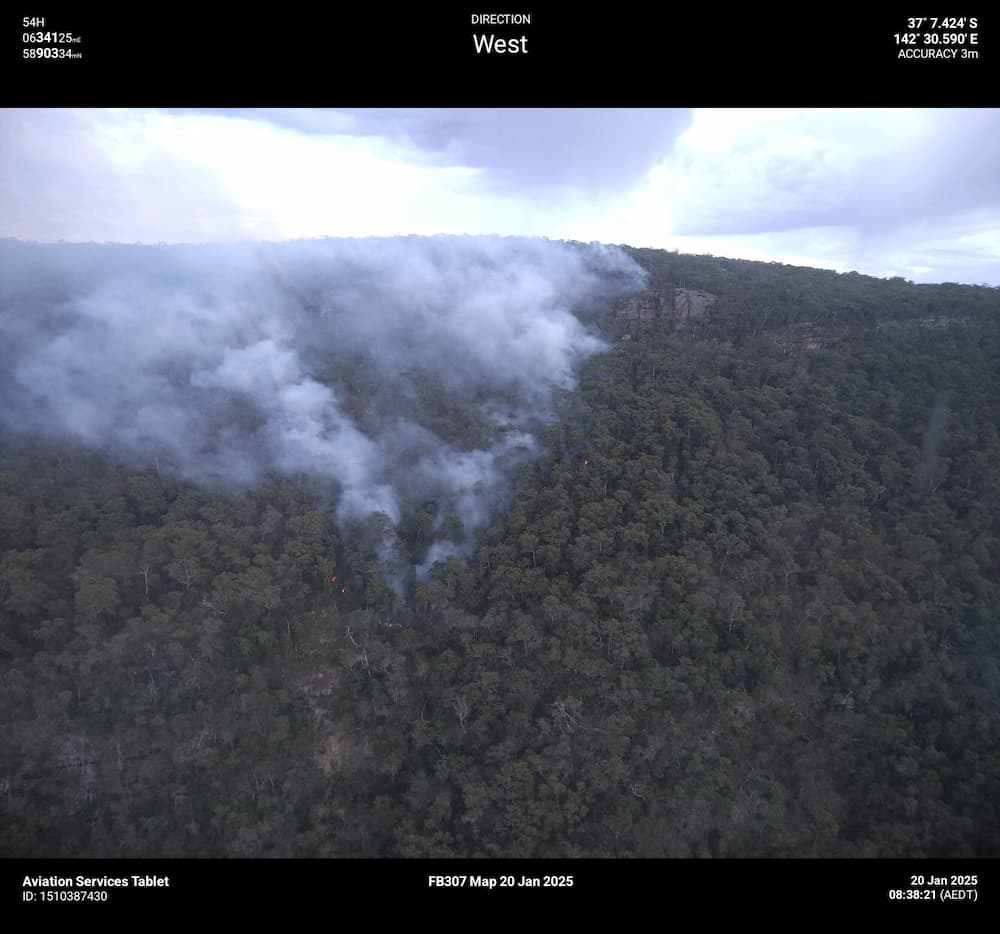“Syrians need today the urgent protection provided by de-escalation and the support needed to face crises upon crisis,” the UN’s senior mediator told the Security Council today, underscoring the need for a restoration of the country’s sovereignty and a resumption of the long-stalled UN-facilitated political process, amid a spiralling of regional tensions and conflicts.
“I want to issue a clear warning: regional spillover into Syria is alarming and could get much worse, with serious implications for Syria and international peace and security,” Geir O. Pedersen, Special Envoy of the Secretary-General for Syria, told the 15-member organ during a monthly update on implementation of his mandate set out in Council resolution 2254 (2015), which examines the political process and humanitarian situation in the country.
“The past month has seen the fastest paced and broadest ranging campaign of Israeli air strikes in the last thirteen years,” he said, adding that hundreds of thousands of Syrians and Lebanese have fled Lebanon into Syria, despite the latter experiencing escalating conflict. He reported that, according to the Syrian Government, Israel has hit Syrian territory more than 116 times since 7 October 2023, resulting in the deaths of more than a hundred people. In the Golan, he noted construction activity and a drone strike by the Israel Defense Forces around the area of separation, counter to the 1974 Disengagement of Forces Agreement. The uptick in violence has dangerously catalysed conflict in north-west and north-east Syria, he said, warning of “a military, humanitarian and economic storm breaking on an already devastated Syria, dangerous and unpredictable consequences”.
Against this backdrop, he called for Syria to be sheltered from regional conflict, and for an urgent de-escalation of regional tensions, which threaten to unravel ceasefire agreements that have prevailed for four years. All actors, including Israel, must comply with international humanitarian law, he said, noting that he had communicated these messages to members of the Ceasefire Task Force in Geneva, following engagements in New York last month.
“For months, we have expressed concern about the dangers posed by the escalating conflict in the Middle East and its impact on the already dire humanitarian situation in Syria,” said Edem Wosornu, Director, Operations and Advocacy Division, Office for the Coordination of Humanitarian Affairs, declaring: “We are now seeing these dangers unfold.” Since 23 September, she reported that more than 425,000 people have fled Lebanon into Syria, 72 per cent of whom are Syrians, of whom almost 60 per cent are children. In that context, she welcomed that the Syrian Government has kept its borders open and eased some immigration procedures, allowing safe passage, including to non-Government-controlled areas, among other measures.
The UN is supporting the work of the Syrian Arab Red Crescent and other partners to provide immediate basic assistance to new arrivals, she continued, adding that humanitarian partners are looking into contingency stocks to aid returnees. Increased need for assistance has put pressure on already stretched humanitarian budgets, she said, noting that the Acting Emergency Relief Coordinator has allocated $8 million from the UN Central Emergency Response Fund for the response, led by the UN High Commissioner for Refugees (UNHCR). She also noted the provision of an additional $4 million in the Central Emergency Response Fund and a complementary reserve allocation from the UN’s Syria Humanitarian Fund. However, she also urged financing for Syria’s Humanitarian Response Plan, which is barely one quarter funded, with $1.1 billion received, pointing out that worsening hostilities are exacerbating one of the world’s worst humanitarian crises, in which more than 16.7 million people are in need, and more than 7 million are internally displaced.
“I truly believe that your Council still has the power to be a force for peace,” said Abir Haj Ibrahim, Syrian woman peacebuilder, calling for an end to violence and dialogue around sanctions, with diplomacy at every level. Regional events have reignited a cycle of violence, risking new conflicts that would destroy what remains of Syrian society’s resilience – “potentially setting us back not just two steps, but ten,” she said. “At the beginning of our crisis, many tried to help us kill each other instead of opening reconciliation dialogues,” she said, yet there is a genuine desire to work towards community reconciliation and “addressing our pain and wounds”. This includes releasing detainees and abductees, and revealing the fate of those forcibly disappeared by all parties. However, projects related to livelihoods in Syria will not succeed without seriously addressing the economic blockade, she added.
Meanwhile, Su’ad Jarbawi, Regional Vice-President for the Middle East and North Africa, International Rescue Committee (IRC), noted that she was speaking from Amman, Jordan, having just returned from Idlib in north-west Syria, where she witnessed civilians suffering the effects of perpetual conflict. Air strikes, shelling and drone attacks have caused the deaths and injury of scores of civilians and displacement of thousands. Last in Idlib 10 years ago, she was struck by “how normalized negative coping mechanisms have become. Parents no longer realize they are eating one meal a day instead of three”. Turning to the recent forced displacements from Lebanon, she noted that some international actors are promoting large-scale returns to Syria – a false choice given the lack of safety. “I hope that if I am offered the opportunity to brief this Council again in the future, that we will have finally passed the nadir and will be able to look together towards Syria’s recovery,” she added.
In the debate that followed, Council members voiced concern about escalating tensions in the Middle East and its implications for thousands of Syrians, who had already been displaced, including to neighbouring Lebanon, and are once again fleeing for their lives.
“Syria remains unsafe for voluntary, safe and dignified returns”, stressed the United Kingdom’s delegate, urging Syrian authorities to protect the rights and safety of these displaced civilians. Her country has mobilized programming and funding in response to the displacement crisis in Syria, committing over $3.8 million, she said.
Echoing those concerns, the Republic of Korea’s representative noted that, while the Syrian Government’s amnesty decree issued in September 2024 “allegedly offers ‘general’ amnesty”, its limitations leave many returnees vulnerable to legal uncertainties and potential prosecution and conscription. He urged the Syrian authorities to halt prosecutions or forcible conscription of refugees for any reason.
The representative of Algeria, speaking also for Guyana, Mozambique and Sierra Leone, was among many speakers voicing alarm over worsening instability, observing that the path to a viable solution in the Middle East is becoming increasingly elusive and complex. He condemned all violations of Syria’s sovereignty and echoed calls for de-escalation and a nationwide ceasefire, as well as a regional ceasefire. A Syrian-owned and Syrian-led political process is the only pathway to a political solution, as laid out in Council resolution 2254 (2015), he stressed, echoing several other speakers, including Slovenia’s speaker, who called for such a solution to be inclusive and just.
“The current wars unfolding across the Middle East threaten to tip Syria into total collapse,” warned the representative of Malta. The responsibility falls on the Council and those with influence over the parties to ensure that the civilians of Syria are protected from the devastating consequences of an all-out regional war, he emphasized. Meanwhile, China’s delegate voiced concern over intensification of activities by several terrorist groups, calling on the international community to support the Government in preventing such forces from exploiting the current situation and destabilizing an already volatile situation. Foreign forces must end their illegal military presence in Syria, he added.
Echoing such points, the Russian Federation’s speaker said Washington, D.C., continues occupying vast areas in the north-east of Syria and continues looting the country’s oil and agricultural resources, urging for a stop to air strikes in Syria and the withdrawal of all military contingents from the country that violate its sovereignty. Pointing to a “real possibility that Syria will be provoked by Israel to a fully fledged military clash”, he said “Washington and its satellites continue with their destructive and inhumane course vis a vis Damascus”.
France’s delegate pointed out that the Russian bombardments on 14 to 16 October on the Idlib population, which left a dozen people dead, showed the continuing violence of the Syrian regime and its supporters against the Syrian people. Subject to tangible and verifiable progress in the political process, France is ready to lift sanctions and consider financing reconstruction, he added.
Similarly, the United States’ representative voiced concern about a recent escalation in “regime and Russian attacks on north-west Syria” calling on the regime to commit to a meeting of the Constitutional Committee “regardless of location” and to engage in a political process in line with Council resolution 2254 (2015). He also spotlighted his country’s assistance to refugees and internally displaced persons and host communities, recalling its 26 September announcement of nearly $534 million in additional humanitarian assistance for the Syrian people.
Japan’s delegate also noted his country’s provision of emergency and humanitarian aid since 2012, totalling $35 billion, urging donors to help address the urgent needs of the population.
Ecuador’s representative called for funds to be mobilized in addressing the humanitarian needs of displaced persons during transit and in shelters, as well as to address specific needs of unaccompanied minors and reduce their vulnerability to sexual and gender-based violence and trafficking for exploitative purposes.
Switzerland’s delegate, President for October, speaking in her national capacity, highlighted the role of Syrian women in contributing to an inclusive political process, through platforms such as the Civil Society Support Room and the Women’s Consultative Council. Working to provide answers to the relatives of people who have disappeared is an integral part of rebuilding the social fabric torn apart by more than a decade of conflict, she said. Therefore, she encouraged civil society and concerned States to cooperate with the Independent Institution on Missing Persons, whose mandate is strictly humanitarian, welcoming the forthcoming appointment of a person to head this Geneva-based institution.
For his part, the representative of Syria observed that the Israeli occupation and policies of those supporting it are the main reason for regional instability. Hundreds of meetings, conferences and adopted resolutions have failed to find solutions, because some States in the Council do their utmost to serve and prolong the Israeli occupation, he said, assailing Washington, D.C., for enabling Israel to increase its attacks on his country. As many as 116 attacks have been conducted against Syria since 7 October 2023, he said, urging the Council to stop these attacks and hold Israel responsible.
Outlining assistance provided by his Government to returnees fleeing Lebanon, including establishing humanitarian response centres at border crossings in conjunction with UNHCR, he said these recent returns run counter to claims by some, which his country rejects. In response to the United States’ delegate, who voiced concern over returnees’ plight, he said: “The solution is available if your Administration is honest, but you are not: Stop your engagement in killing civilians in Palestine, Lebanon and Syria. Stop arming the Israeli killing machine. And enable the Council to fulfil its responsibilities.”
Rounding out the meeting, Iran’s delegate urged the Council to compel Israel to end its aggression in Gaza, Lebanon and Syria. The fight against terrorism must continue in full respect of Syria’s sovereignty, he said, assailing the United States for its use of sanctions as collective punishment, its politicizing of humanitarian aid, and obstruction of international efforts to support Syria’s reconstruction.
Türkiye’s speaker, voicing concern over regional instability, said his country will continue to facilitate cross-border humanitarian assistance in close cooperation with the UN. His delegation is monitoring recent developments in Idlib, he said, stressing: “Everybody should be careful.” The presence of terrorist organizations is a dangerous consequence of the conflict, he said, expressing gratitude for messages of solidarity over the recent terrorist attack in Ankara, stating that PKK had orchestrated it. The Council must include the group and its offshoots when naming terrorist organizations in the next meeting, he added.







